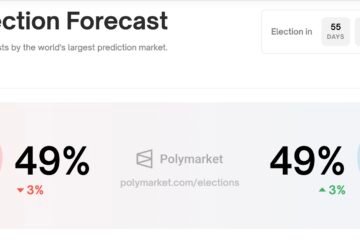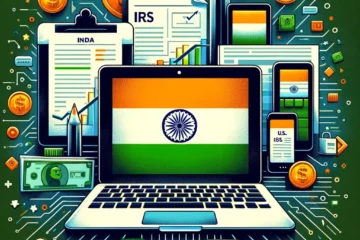In 1892, when the labor of Carnagie Steel Company went on a strike demanding for improvement of industrial conditions, reduction in drastic working hours, increment in wages and increase in bargaining power of the workers, they were given an ultimatum to either start working or face the music. Eventually they were fired at culminating in Homestead Massacre.
“Those who fail to learn from history are condemned to repeat it.” – Sir Winston Churchill
127 years later the circumstances for employees have greatly improved and it is largely due to human managers or HR Managers as they are fondly called. It all started with unskilled women entering into the workforce, forcing industries to create a post of Labor Manager who was responsible for negotiating with unions, hiring, bonuses and firing. Frederick Taylor showed how to better manage workforce for better results and Elton Mayo’s Hawthorne studies involved psychological and social factors into the equation. Learning from these developments, Personnel Management led to Human Resource Management. Now a days HRM is about ensuring the best practices in recruitment, compensation, benefits, performance, organisation behaviour, learning and development, to name a few. Today HRs are mainly responsible for sourcing and engaging new employees through reactive hiring, compiling employee contracts and negotiating employee benefits, onboarding new employees and conducting exit interviews, compiling data from performance appraisals, staff training, gap-analysis, training recommendations, and sourcing trainers, etc. to name a few.
But what about the times ahead? The times are changing, the economy is growing rapidly and the workforce is continuously undergoing reform.
While HR managers have little control over the economy, they have to be more concerned about the new workforce ecosystem.
This reformed ecosystem consists of full-time and part-time employees, and contingent, freelance, gig, and crowdsourced workers all working in a variety of settings. HR managers have come up with ways to ensure that their distinct “team of workers” is productive, engaged, and working together towards a common goal i.e. the benefit of the company. Deloitte’s 2017 Millennial Survey found that millennials believe a flexible workplace culture support greater productivity and employee engagement while enhancing personal well-being, health, and happiness. To keep up, HR managers will have to become digitally agile.
With the advancements in interconnectivity, automation and machine learning, leading to the onset of Industry 4.0, the HR managers have to be tech savvy, business strategists and employee champions.
Mundane tasks like processing payroll, scheduling interviews, discussing benefits, etc. will be taken over by AI based personalized assistants. HRs of the future will have unlimited access to information, which will lead to greater power, authority, and influence to significantly impact the bottom line. But for that they have to learn statistics, data science, and be focussed on discussing analytical solutions to assess everything from recruitment to retention. In the data oriented world, managers will have to quantify each department’s retention rate, the company’s turnover rate, time to fill, why people leave, how they feel about the company, and cost of new hire. While this may sound taxing, these data driven decisions will allow HRs to create a better case for HR intervention, measure the effectiveness of those interventions, and most importantly move from an operational partner to a more strategic role.
HR analytics will free up their hands to focus on the business aspect of the company related to strategic direction, economic impact, social relevance and most importantly to be one step ahead of the agile workforce.
With half of their job automated, HR managers will have more time to focus on psychological well-being of individual employee, being a career coach and taking people centric decisions. Even in these big data will play a crucial role. HRs will have to quickly analyse the workplace programs that reduce work stress and promote psychological well-being, sleep quality, and productivity of employees, and come up with data backed interventions, programmed and personalized for the benefit of an individual employee. Each personnel will have a different career path and HRs will be equipped with enough employee data to take decisions with respect to individual employee’s learning and development, internal career mobility, role transition, etc along with helping him/her develop or improve his/her stress management skills, his/her leadership and interpersonal skills, including conflict-management skills and self-confidence. These people centric decisions will be a key differentiating factor in the success of HR managers as well as the business as a whole.
Future of Human Resource Management is going to be built on the backbone of predictive analytics, enhanced process automation and artificial intelligence (AI). HR managers will have to be prepared to use technology and keep upskilling the employees as well as themselves in this digitally challenging environment. HR managers need to take the lead in understanding how to improve employee engagement, how to make the workplace a social and cultural fit, and above all, how to integrate machines with humans.
I would love to hear your point of view about the Future of HR. Feel free to contact me and express your thoughts.


